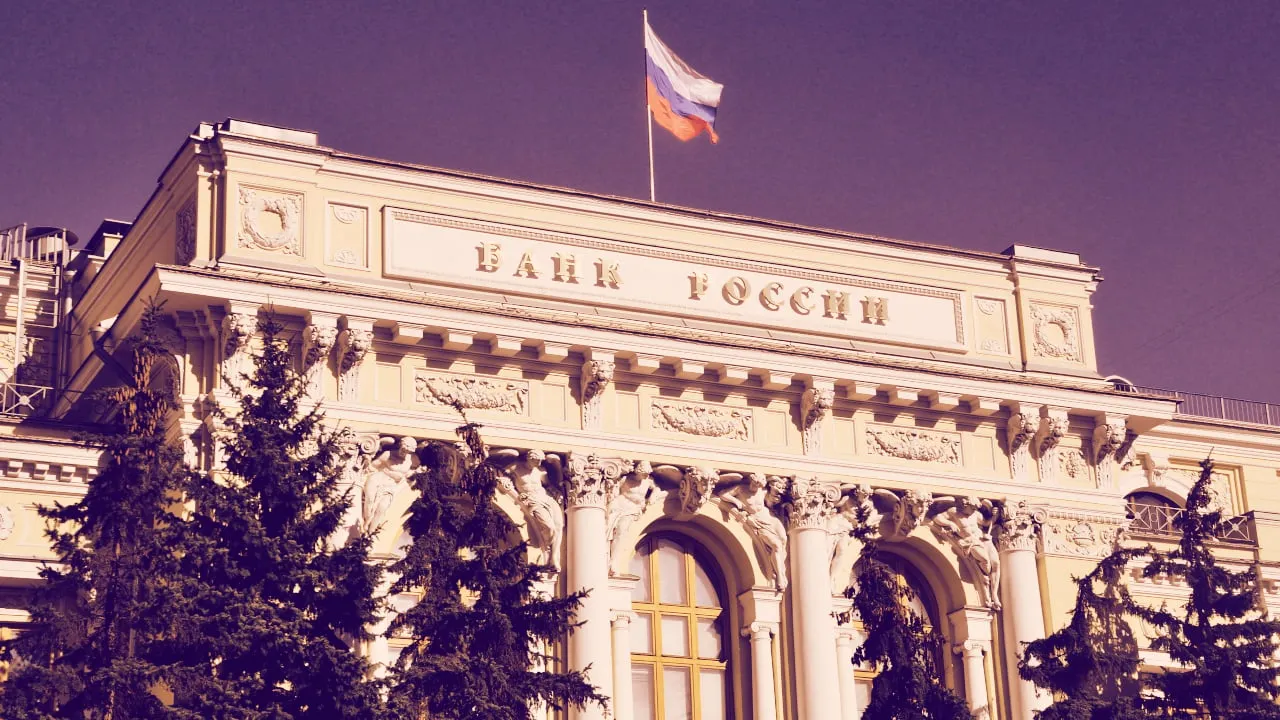We do the research, you get the alpha!
Russia is advancing its crypto strategy to circumvent Western sanctions.
Deputy Finance Minister Alexey Moiseyev today said the country is exploring stablecoins to make payments with “friendly countries,” according to Russian state news agency Tass.
The country’s biggest news agency quoted Moiseyev saying that Russia is working to “create bilateral platforms” with “tokenized instruments” to avoid using U.S. dollars and euros.
Stablecoins are a type of cryptocurrency pegged to another asset, like dollars or gold. They are designed to be stable, unlike Bitcoin or other digital assets which are notoriously volatile. The crypto market’s top stablecoins are issued by centralized companies, such Tether’s USDT and Circle’s USDC.
These coins are typically used by crypto traders to quickly enter and exit positions in other coins or tokens without the need to convert to a fiat currency, such as U.S. dollars, or when access to dollars is either restricted or prohibited.
“We are currently working with a number of countries to create bilateral platforms in order not to use dollars and euros,” Moiseyev said. “Stablecoins can be pegged to some generally recognized instrument, for example, gold, the value of which is clear and observable for all participants,” he added.
Tuesday’s statement did not specify what the “tokenized instruments” would be pegged to.
Tass added that the Finance Ministry hopes to resolve issues related to cross-border payments in cryptocurrencies this autumn session.
The West heavily sanctioned Russia after it invaded Ukraine in February. Its access to the dollar and euro markets is now limited and it is hitting the country’s economy hard.
Russia has been talking about using crypto for years, though the Russian government’s stance on digital currency has been mixed. In 2019, the government reportedly started investigating Bitcoin as a way to sidestep U.S. sanctions.
And in January, President Vladimir Putin said Russia could do well mining the biggest cryptocurrency by market cap. But in July, Putin signed a law banning Russian citizens from using digital assets to make payments.





